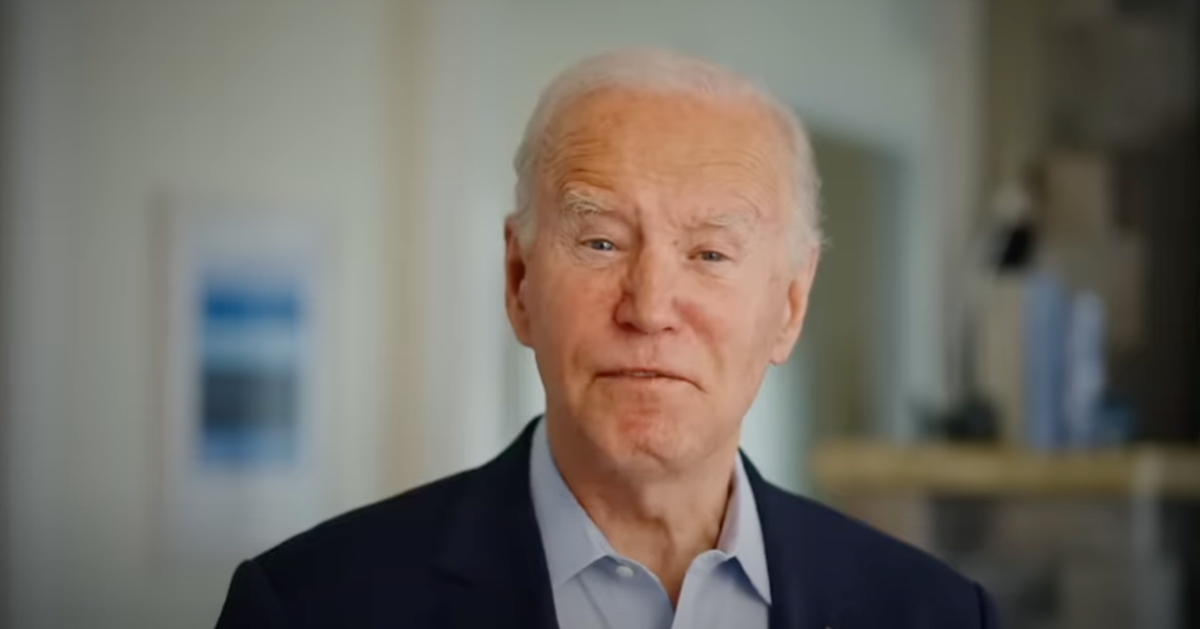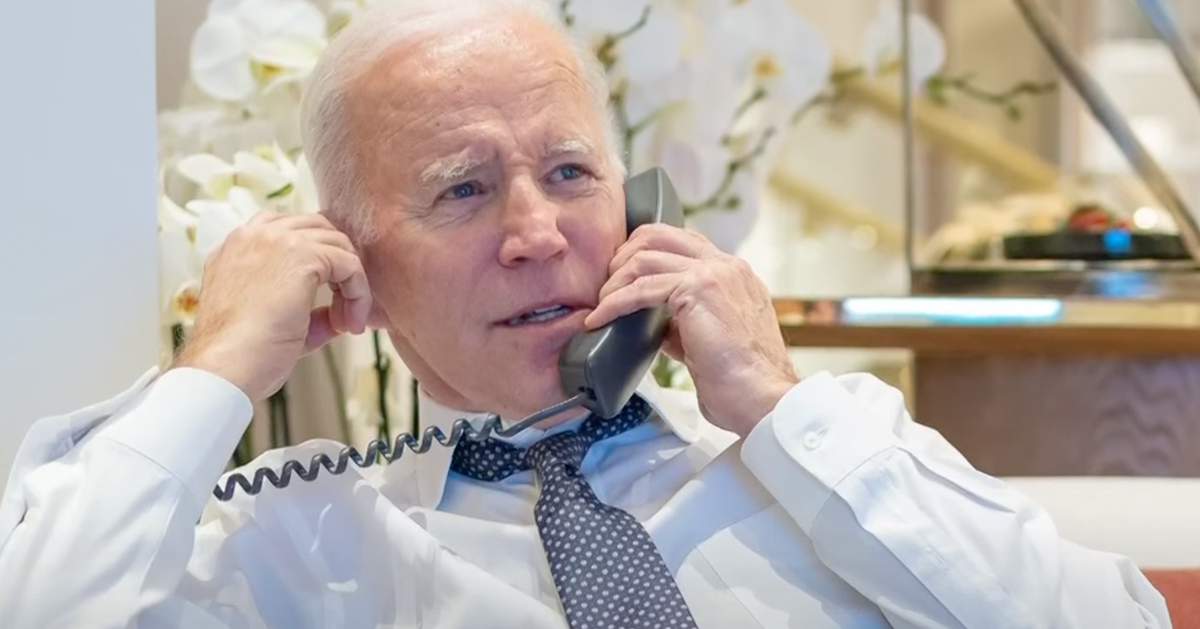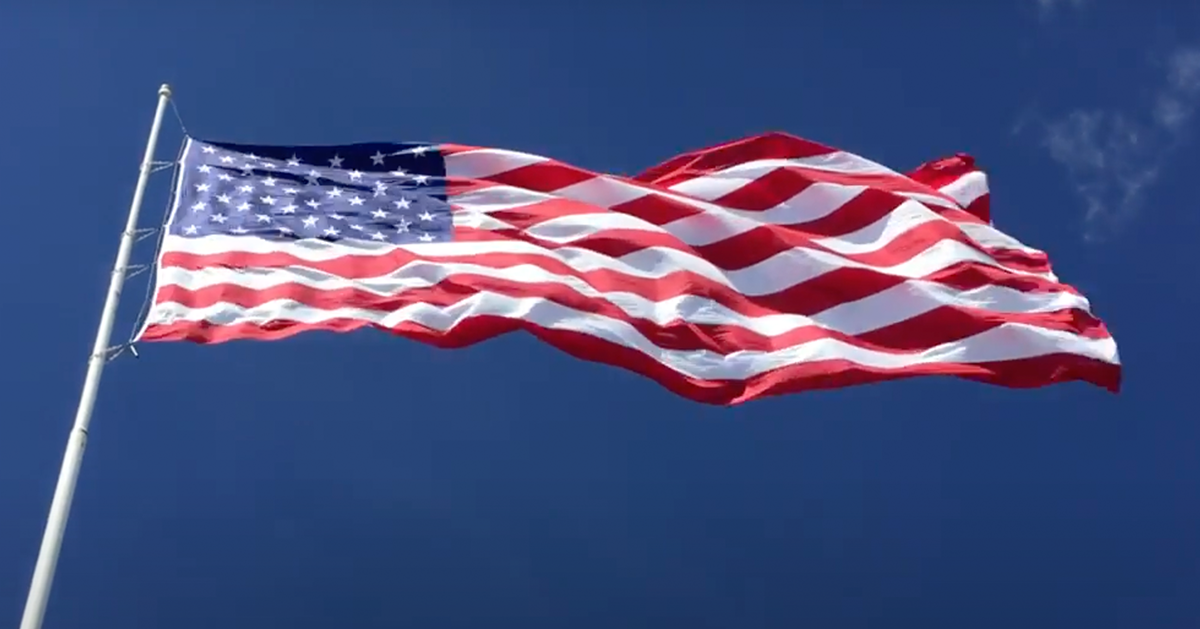Biden gets confused, appears unable to use acronym and then claims he was born in Baltimore — but he wasn’t
During a recent White House summit, President Joe Biden made several remarks that have caught the public's attention.
During the Pacific Islands gathering in D.C., Biden made a series of notable misstatements. The president's comments raised questions among listeners, bringing his past statements and actions under increased scrutiny, as the Daily Mail reported.
Missed acronym and misstatements
While announcing a $40 billion investment in Pacific islands infrastructure, Biden seemed to fumble with the acronym of the new program he was introducing, stating:
We call it the P ... PI ... anyway, doesn't matter what we call it, but that's what it is.
Attempting to make light of the situation, he added, "I was going to get back to acronyms and I'm ... not doing that," which was met with laughter from those present in the East Room.
At the age of 80, Biden has been open about his struggles with a speech impediment from his youth. However, some are linking his recent verbal missteps with growing concerns about his age.
Erroneous personal remarks
In another surprising comment, Biden remarked that both he and Mark Brown, Prime Minister of the Cook Islands, hailed from Baltimore.
This statement is inaccurate as neither individual is from Baltimore.
While Biden was born in Scranton and attended the University of Delaware, Brown's official biography indicates his association with Massey University in New Zealand and the University of the South Pacific.
Infrastructure plans and regional ties
During the meeting, Biden delved into the details of his infrastructure investments.
These investments aim at digital connectivity, global infrastructure, micro-finance, sustainable fisheries, and addressing climate change and rising sea levels.
He emphasized America's commitment to listening to the concerns of smaller nations, especially concerning the impacts of climate change.
Further solidifying ties with the Pacific Islands, Biden recognized the Cook Islands and Niue as sovereign nations, announcing U.S. diplomatic relations.
He underscored the historical cooperation between the U.S. and these nations, dating back to World War II.
Biden's personal connection with Papua New Guinea
Adding a personal touch to the event, Biden shared a family story, revealing that his uncle served in the Army Air Corps during World War II.
He flew missions in the A20 aircraft, and during one such mission in 1944, his plane crashed near Papua New Guinea.
The president expressed his gratitude towards the prime minister of Papua New Guinea for gifting a small piece of an A20 aircraft, which holds sentimental value for him.
Biden reminisced:
In 1944 during one of those missions his plane crashed off the coast of Papua New Guinea.
Efforts to counter Chinese influence
The White House summit is part of a broader strategy by the U.S. to counter Chinese influence in the Pacific region.
In the previous year's summit with 14 Pacific island nations, the administration emphasized the mutual goal of ensuring democracy flourishes in the region.
The current summit also focused on climate change, economic growth, sustainable development, public health, and combatting illegal fishing.
With this as background, the summit and the associated blunders could become problemataic in the larger picture of U.S.--Pacific relationships and geopolitical strategies.
Conclusion
- President Biden made several misstatements during the Pacific Islands summit.
- He fumbled with the program acronym and made an inaccurate claim about his and Prime Minister Mark Brown's origin.
- The U.S. announced its diplomatic recognition of the Cook Islands and Niue.
- Biden shared a poignant family story linking him to Papua New Guinea.
- The summit was part of America's broader strategy to counter Chinese influence in the Pacific region.





